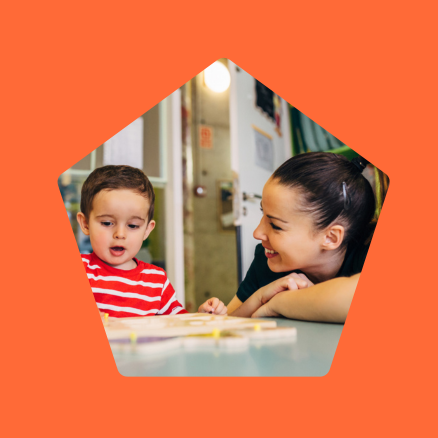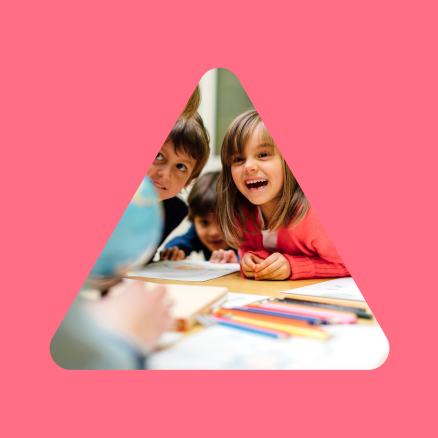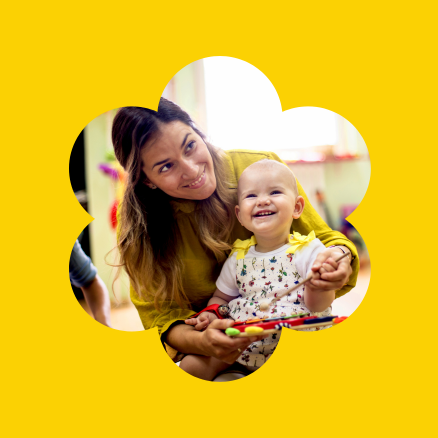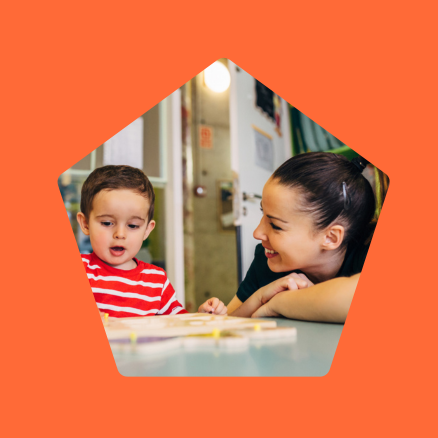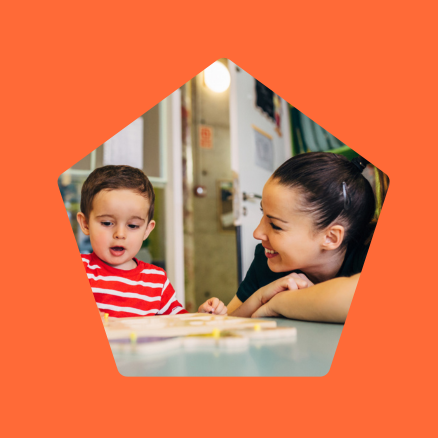First aid for childcare: Required qualifications and training
In the early childhood space, ensuring the safety and well-being of our little stars is paramount. Below we’ve listed out the requirements and renewal processes for first aid for childcare.
What is childcare first aid?
A first aid qualification teaches you the essential skills for responding to medical emergencies. The training involved in the qualification covers CPR, basic life support and how to manage common injuries.
By doing this course, you’ll also learn to respond to emergencies such as seizures, allergic reactions, and diabetic crises. It teaches you how to use first aid equipment, communicate with emergency services, infection control and awareness of some of the legal and ethical considerations.
First aid qualifications and training
The Education and Care Services National Regulations detail the mandatory requirements for
first aid qualifications, anaphylaxis management training and emergency asthma management training. We’ve pulled together the specifics below:
First aid for centre-based services (regulation 136(1))
Centre-based services (think Preschool, kindergarten and long day care services) need to have the following first aid qualified people on site at any given time and available to assist in the event of an emergency. This includes at least one staff member:
- who has a current approved first aid qualification
- with approved anaphylaxis and emergency asthma management training
- with these qualifications to be on duty at all times, ready to navigate emergencies.
In some cases, one staff member may hold more than one of these qualifications.
School based services (regulation 136(2))
In the case of school-based services, such as out of school hours care services (OSHC) is similar to centre-based services and must have qualified staff present at the school at all times.
Family day care services (regulation 136(3))
Every family day care educator and assistant needs to have their current approved qualifications in first aid, anaphylaxis management and emergency asthma management.
Navigating accreditation - approved first aid qualifications
ACECQA provides a list of
approved first aid qualifications as well as anaphylaxis and emergency asthma management. If you've done your training, you can check the approval status by searching the list.
First aid qualification renewal
The industry sets the standard, that is, all first aid qualifications, anaphylaxis, and asthma management training need to be renewed every three years, with a refresher in CPR each year. The Safe Work Australia Code of Practice also recommends that regular training and refreshers to keep skills sharp.
First aid in childcare FAQs
How often do you need to renew first aid?
You’ll need to renew your first aid qualifications including CPR every three years to ensure your skills and knowledge are kept up-to-date.
How often should your CPR skills be refreshed?
Your CPR skills need to be refreshed annually to ensure you’re qualified and well prepared for emergency situations.
Do first aid qualifications change in each state and territory in Australia?
While there are national guidelines, Education and Care Services National Regulations which detail the mandatory requirements, the specific first aid qualifications may vary slightly between states and territories.
More Resources
